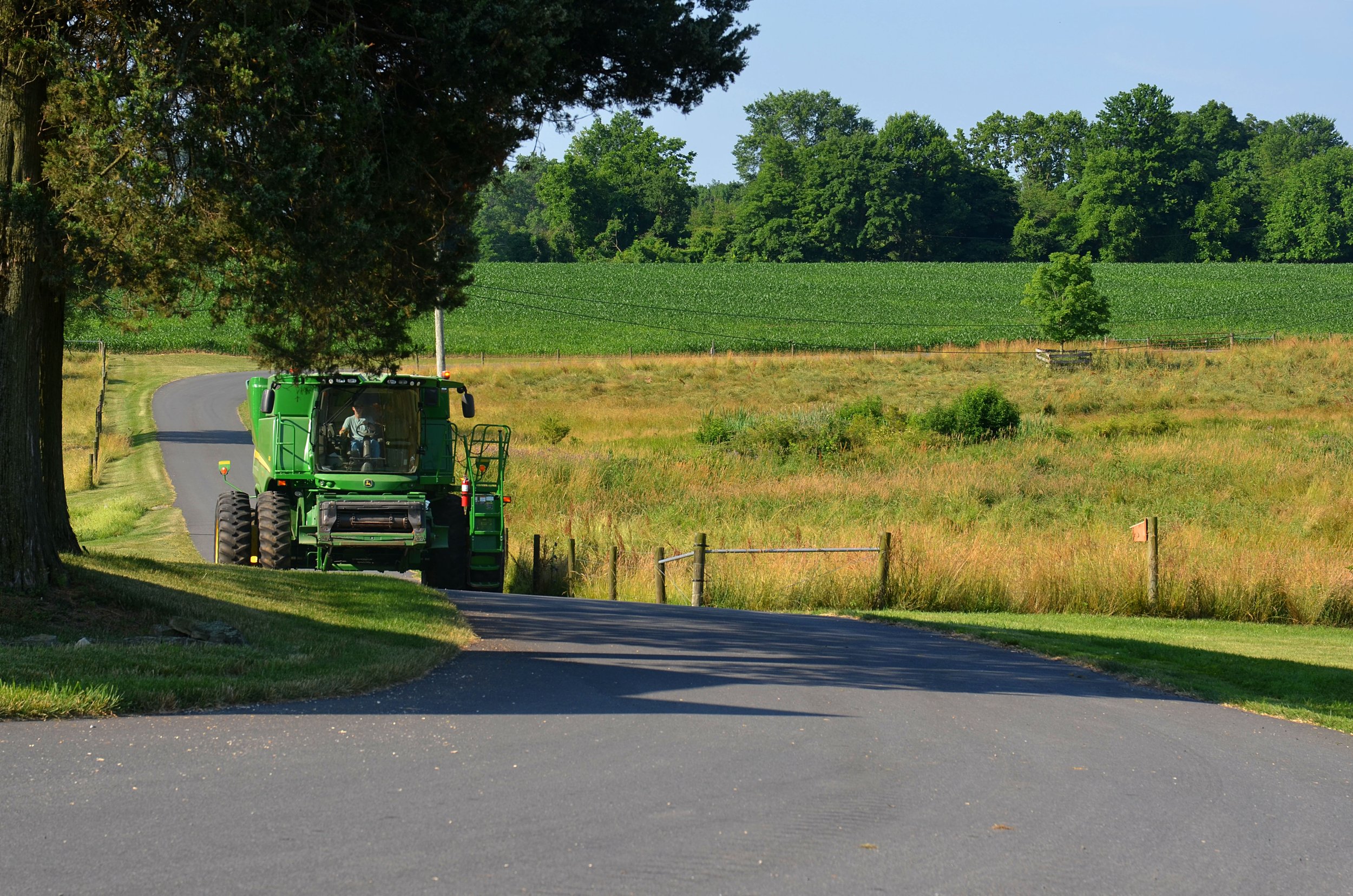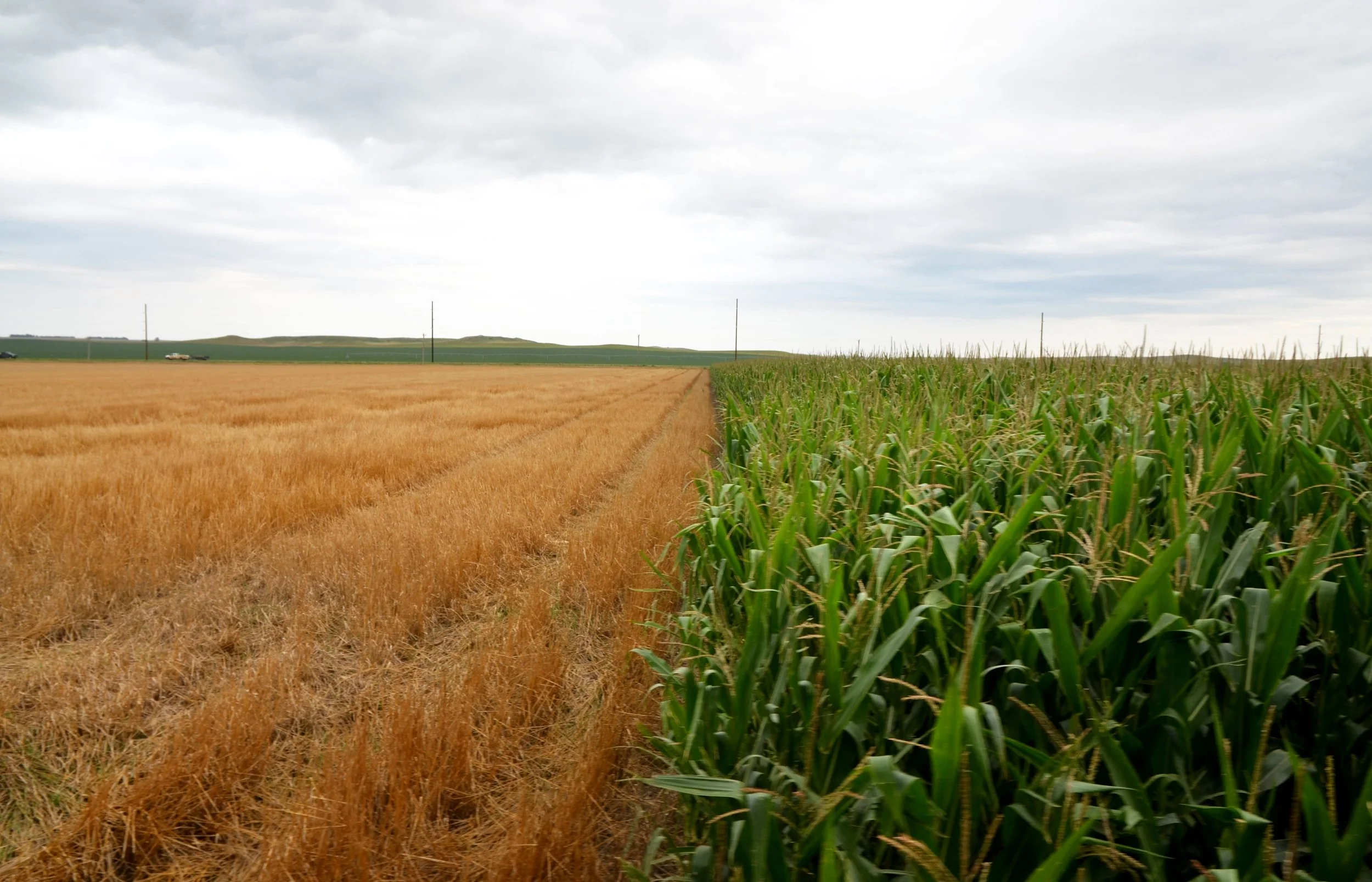For Our Producers. For Our Planet.
Regenerative agriculture and renewable energy in rural America can cut greenhouse gas (GHG) emissions and provide other environmental benefits.
RIPE has a solution for improving access to both.
The RIPE Way
-
✺
OUR VISION is for ag producers & communities to benefit from a system that aligns economic incentives with conservation practices which enhance our soil, water and climate.
-
✺
OUR MISSION is to advance a fair value for voluntary agricultural stewardship.
-
✺
OUR GOAL is to grow the implementation of regenerative agriculture and renewable energy on farmland for the benefit of our planet and our country's producers.
Agricultural producers should be fairly compensated for the public benefits of their voluntary conservation practices.
Regenerative agriculture, (AKA climate-smart agriculture or carbon farming), aims to mitigate contributions to climate change while adapting to its effects. These practices enhance soil health and biodiversity, and sustain producer livelihood so they may continue to produce high-quality food.
At its core, our work is focused on promoting conservation and soil health by meeting farmers and ranchers where they are and de-risking the adoption of regenerative agriculture and renewable energy on agricultural land.

Sign Up for Updates from RIPE
By Producers, For Producers
RIPE's work is informed by several working coalitions of farmers, ranchers, producer groups and commodity groups. Additionally, our Board of Directors is primarily composed of producers, representing operations of various size and commodity.



